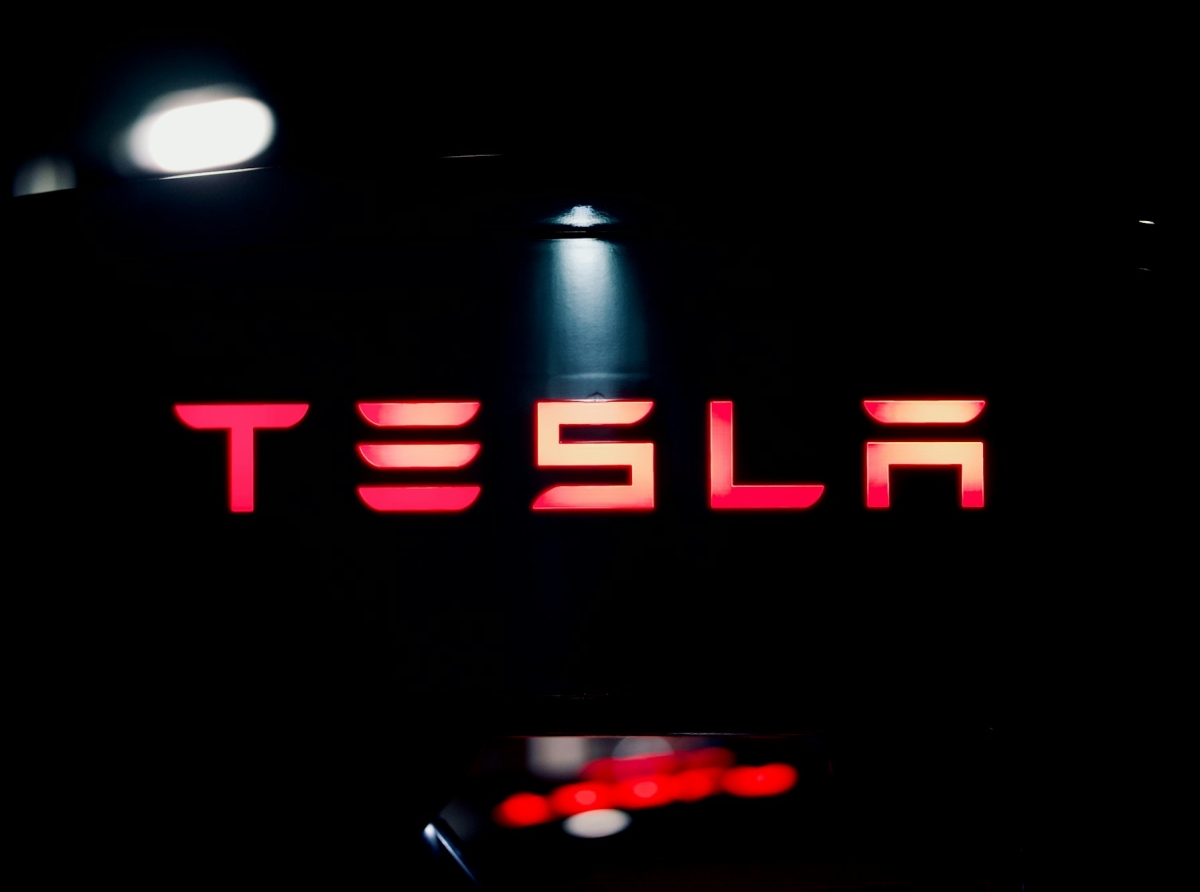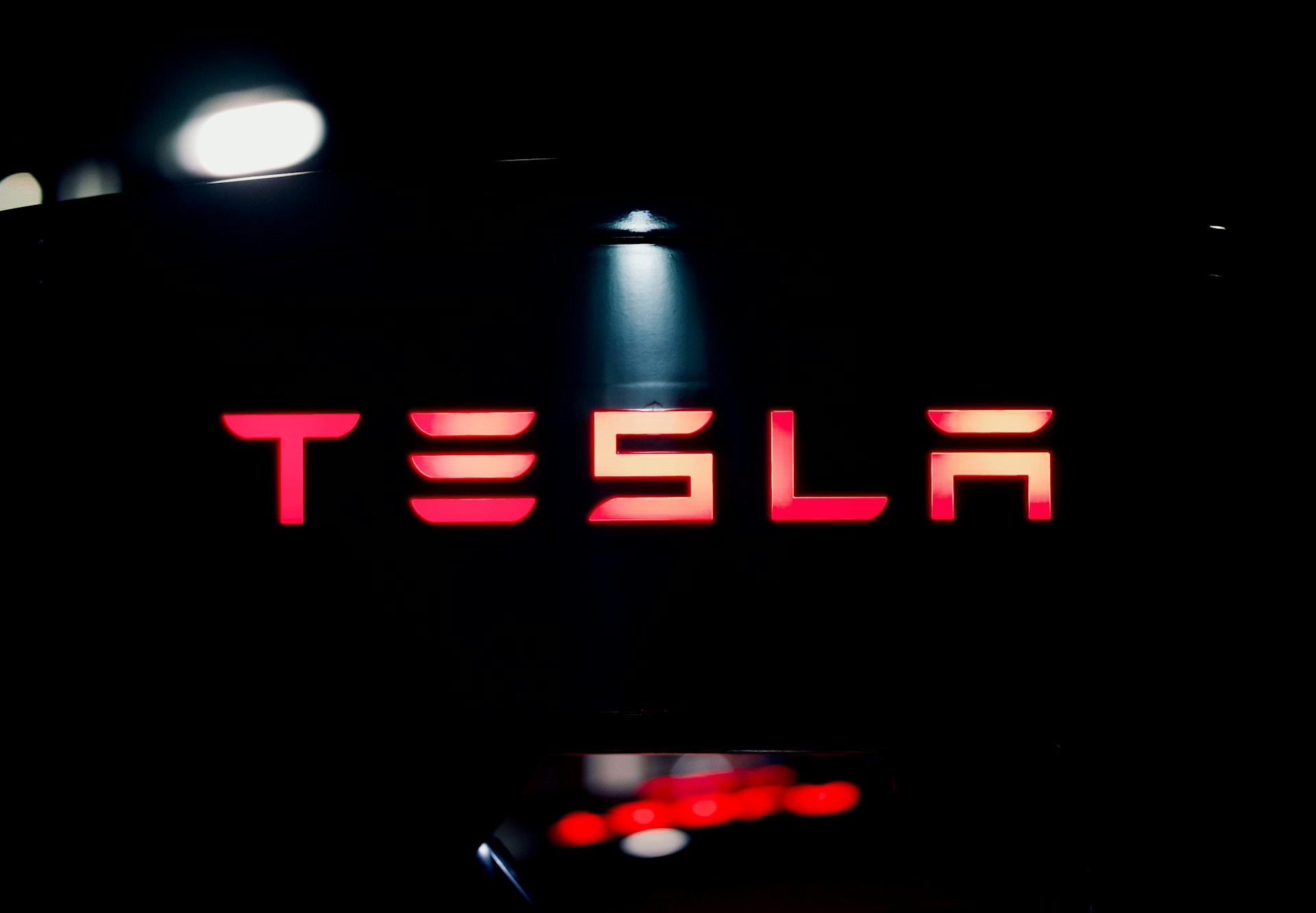Tesla's Struggles in Europe: A Perfect Storm of Reputation, Competition, and Market Shifts

Tesla's Struggles in Europe: A Perfect Storm of Reputation, Competition, and Market Shifts
Tesla, once the undisputed leader in the electric vehicle (EV) market, is facing significant challenges in Europe.
According to data from the European Automobile Manufacturers' Association (ACEA), Tesla sold just 7,261 vehicles in Europe in April , marking a staggering 49% year-over-year decline.
This drop occurred despite a 34.1% annual increase in overall EV sales across the continent, underscoring the growing disconnect between Tesla’s performance and broader market trends.
According to data from the European Automobile Manufacturers' Association (ACEA), Tesla sold just 7,261 vehicles in Europe in April , marking a staggering 49% year-over-year decline.
This drop occurred despite a 34.1% annual increase in overall EV sales across the continent, underscoring the growing disconnect between Tesla’s performance and broader market trends.

Tesla's Struggles in Europe: A Perfect Storm of Reputation, Competition, and Market Shifts
The decline in Tesla’s European sales reflects a confluence of factors, including reputational damage linked to CEO Elon Musk’s political affiliations, an aging product lineup, and intensifying competition from both traditional automakers and aggressive Chinese players like BYD.
Let’s delve deeper into the key drivers behind Tesla’s struggles and what they mean for the company’s future in one of the world’s most critical EV markets.
Let’s delve deeper into the key drivers behind Tesla’s struggles and what they mean for the company’s future in one of the world’s most critical EV markets.
Reputation Under Fire: Musk’s Ties to Trump
One of the most significant headwinds Tesla faces in Europe stems from Elon Musk’s close association with former U.S. President Donald Trump. In recent months, Musk has not only advised Trump but also taken on a leadership role in the so-called Department of Government Efficiency (DOGE) . This move has sparked backlash in Europe, where many consumers view Trump’s policies as controversial or misaligned with European values.In March, protests erupted outside Tesla dealerships across Europe, with critics accusing Musk of prioritizing his political ambitions over the company’s interests. These reputational issues have undoubtedly hurt Tesla’s brand image in a region that places a premium on sustainability, ethical leadership, and corporate responsibility. Investors are also questioning Musk’s commitment to Tesla, given his divided attention between the company and his government advisory role.
Musk has stated that his involvement in DOGE will taper off by the end of May, but he plans to dedicate "one or two days a week" to government work moving forward. While he has publicly affirmed his intention to lead Tesla for at least the next five years, skepticism remains about whether he can effectively balance these dual roles.
An Aging Product Lineup
Another major factor contributing to Tesla’s declining sales in Europe is its outdated product lineup. The company recently refreshed its Model Y SUV , but beyond this update, Tesla has failed to introduce any new mass-market offerings in recent years. By contrast, competitors like Volkswagen, BMW, and Mercedes-Benz have aggressively expanded their EV portfolios, offering a wider range of models tailored to diverse consumer preferences.Additionally, Tesla does not produce hybrid electric vehicles (HEVs), which remain popular among European consumers. According to ACEA, HEVs now account for over 35% of the total European car market . These vehicles combine a small battery with traditional fuel engines, appealing to buyers who want some level of electrification without fully committing to pure EVs. Tesla’s exclusive focus on fully battery-powered cars puts it at a disadvantage in a market increasingly drawn to hybrid solutions.
Rising Competition: Traditional Automakers and Chinese Giants
Tesla’s dominance in the EV space is being eroded by fierce competition from both established automakers and emerging players. In April, Chinese automaker BYD surpassed Tesla in European EV sales, marking a symbolic turning point in the industry. BYD’s success highlights the growing influence of Chinese manufacturers, who are leveraging affordable pricing, innovative technology, and aggressive marketing strategies to capture market share.Traditional European automakers are also stepping up their game. Companies like Volkswagen, Renault, and Stellantis have invested heavily in EV development, launching competitive models that rival Tesla’s offerings in terms of performance, design, and price. For example, Volkswagen’s ID. series has gained traction among European buyers, thanks to its affordability and strong brand recognition.
Meanwhile, Tesla’s lack of localized production facilities in Europe—outside of its Gigafactory near Berlin—has created logistical challenges and higher costs compared to rivals manufacturing closer to customers. This has made it harder for Tesla to compete on pricing and delivery times.
Broader Market Trends: Shifting Consumer Preferences
Beyond Tesla-specific issues, broader market dynamics are influencing EV adoption patterns in Europe. While EV sales continue to grow, consumer preferences are evolving. Many buyers are opting for hybrids as a transitional solution, especially in regions where charging infrastructure remains underdeveloped. This shift poses a challenge for Tesla, which relies solely on fully electric vehicles.
Moreover, regulatory changes and subsidies favoring locally produced EVs have benefited European and Chinese automakers over Tesla. As governments push for greener transportation, companies with strong local manufacturing footprints are gaining an edge in securing incentives and meeting compliance standards.
Looking Ahead: Can Tesla Turn the Tide?
Despite its current struggles, Tesla still holds several advantages that could help it regain momentum in Europe:Brand Recognition: Tesla remains a household name synonymous with EV innovation, giving it a strong foundation to rebuild trust.
Technological Edge: The company continues to lead in areas like battery technology, autonomous driving, and software integration.
Expanded Production Capacity: With its Gigafactory in Germany ramping up operations, Tesla may soon address supply chain bottlenecks and reduce costs.
However, reversing the downward trend will require more than operational improvements. Tesla must address reputational concerns, refresh its product lineup, and adapt to shifting consumer demands. Introducing hybrid options or expanding into untapped segments could help the company reclaim lost ground.
Elon Musk’s leadership will also play a pivotal role. His ability to refocus on Tesla while managing his other ventures will be critical to restoring investor confidence and revitalizing the brand in Europe.









Report
My comments